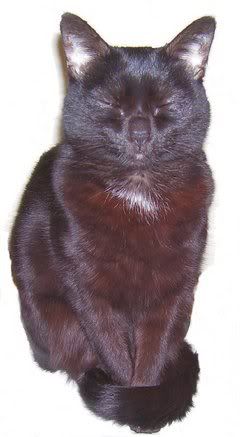Via GOP Bloggers.
Our governor, Rod Blagojevich (D-IL), was on the Daily Show a couple of weeks ago and didn’t know that it was a comedy show. AP reported on the story and CNN picked it up. The stories are identical except for one word. Democratic.
The first paragraph of the AP story:
ST. LOUIS (AP) – Gov. Rod Blagojevich wasn’t in on the joke. Blagojevich says he didn’t realize “The Daily Show” was a comedy spoof of the news when he sat down for an interview that ended up poking fun at the sometimes-puzzled Democratic governor.
The first paragraph of the CNN story:
Blagojevich says he didn’t realize “The Daily Show” was a comedy spoof of the news when he sat down for an interview that ended up poking fun at the sometimes-puzzled governor.
Now CNN may have just assumed that “everyone knows” that Rod Blagojevich is a Democrat, but they did deliberately remove the word from the story. There is the “labels apply to conservatives, not liberals rule” to consider as well. You know, liberal expert A is just listed as “Expert A from Organization X”, but the conservative expert is listed as “Expert B from Conservative Think-Tank Y.”
I think Matt’s right, media bias all the way…



